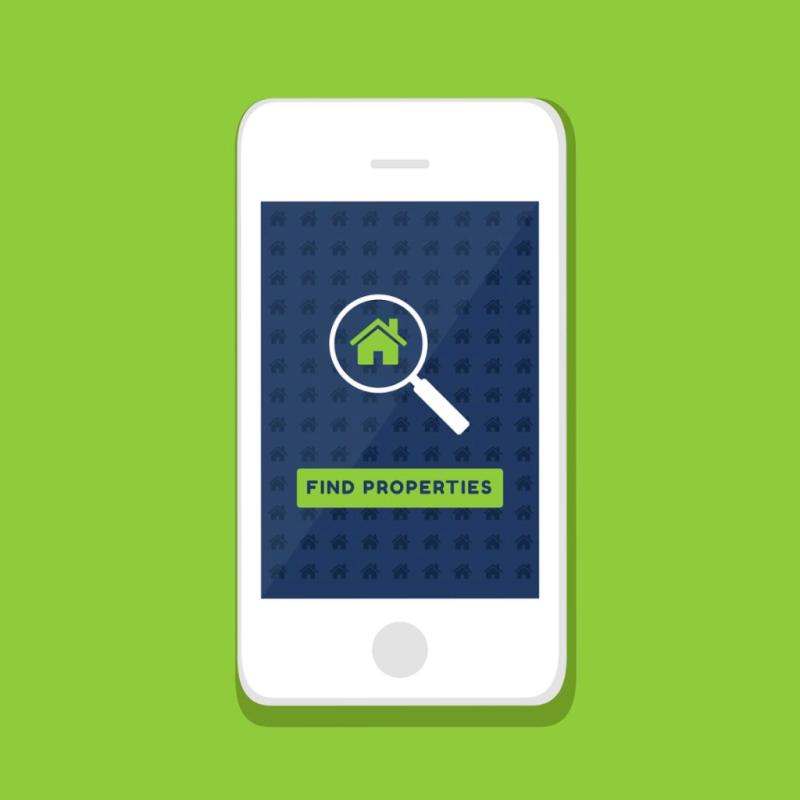Tailored Technology Solutions: Creating a Custom Real Estate App for Your Brokerage

In order to reduce expenses and boost efficiency, real estate organizations are using technology to streamline the lead process from acquisition to closing. Businesses must choose the best real estate software to take advantage of growing opportunities and utilize the potential of technology in real estate transactions because the global real estate industry is predicted to increase by $4,263.7 trillion by 2025.
Types of Real Estate Software
Real estate software comes in four different categories generally:
Real Estate CRM Software
This type of software streamlines client communication management, enabling brokers to effectively gather crucial client data such as contact information, property preferences, and budget using an online CRM solution. Moreover, think about the possibility to build a custom app for your real estate brokerage which can offer even more specialized functionality to match your particular business demands and improve customer relations.
Using this centralized platform, you can:
- Manage Data
- Lead Nurturing Automation
- Contract Management System
Keeping track of clients' demands and transactions is difficult without CRM software. Arguably, the first item you should purchase to be as attentive to customers as possible is a CRM package.
Property ERP software
The Enterprise Resource Planning System (ERP) is a technology used to manage daily business operations, project management, and accounting processes. It is crucial for brokerage firms to monitor progress, commission ROI, and office efficiency, helping them stay competitive.
Real Estate Management Software
Real estate management software is essential for businesses to streamline property management, reduce time waste, and boost productivity.
- Accounting
- Rent Properties Management
- Manage Tenants Agreements
Virtual Tour Tools
When you can do it online, there's no need to spend money or time traveling back and forth to show a prospective client the property. An ERP, or enterprise resource planning system, helps you speed up the selling process by letting consumers make more informed decisions without requiring you to drive them around town. This kind of technology is primarily made to manage daily business operations. It enables professionals to manage projects and risks while keeping track of accounting processes. Brokerage firms require it in order to monitor their company's overall progress, commission ROI, and insights into the efficiency of each office.
When showing homes to buyers from outside the area, the tool is useful.
Top 5 Real Estate Software Benefits
But how will a unique real estate solution increase the profitability of your commercial real estate venture? Some of the advantages we've already covered are lower transaction costs, sophisticated analysis, and information centralization. The following are some additional benefits of using real estate software.
Throughout the Process, Integration
Businesses in the real estate industry use a variety of platforms, such as websites, personal contacts, social media, and farms with software integration. It takes time and is inefficient to create separate accounts. Real estate software makes it easier for businesses with limited resources to meet expanding client demands by streamlining maintaining web pages, navigating platforms, and making modifications with a single command.
Managing the contacts of clients
Real estate software enables group formation, customer knowledge portfolio building, and client contact details tracking. It also facilitates the delivery of special day wishes, ensuring that significant occasions are never forgotten. Long-lasting relationships with past clients are also maintained as a result.
Keeping track of employee records
numerous login options are available in real estate applications, as well as the choice to use a single account for numerous users. Organizational structure is crucial, and software can be used to create a well-groomed hierarchy. This facilitates effective monitoring and the creation of consistent reports. Additionally, it can be used by staff to avoid duplication of labor, plan sessions, and inspections, and generate task alerts among other things.
Analysis and Reports
Regular, monthly, or annual detailed reports from real estate software enable businesses to evaluate performance and return on investment (ROI), spot pending tasks, and link assets to ongoing inquiries. These reports also shed light on effective advertising and marketing strategies, helping to shape upcoming campaigns.
Payment Administration
Companies can use the program to create, manage, and carry out payment schedules, keep track of property information, and update contract and lease termination information. Additionally, it offers software-based alerts for timely collection and charge coordination, fostering a productive working relationship with money that is owed.
Conclusion
Real Estate Software provides sales automation and customer engagement for builders, brokers, and agents, allowing customization and growth. Seller, a custom software development company, offers out-of-the-box solutions to improve business productivity and sustainability.
More to Read:
Previous Posts:




